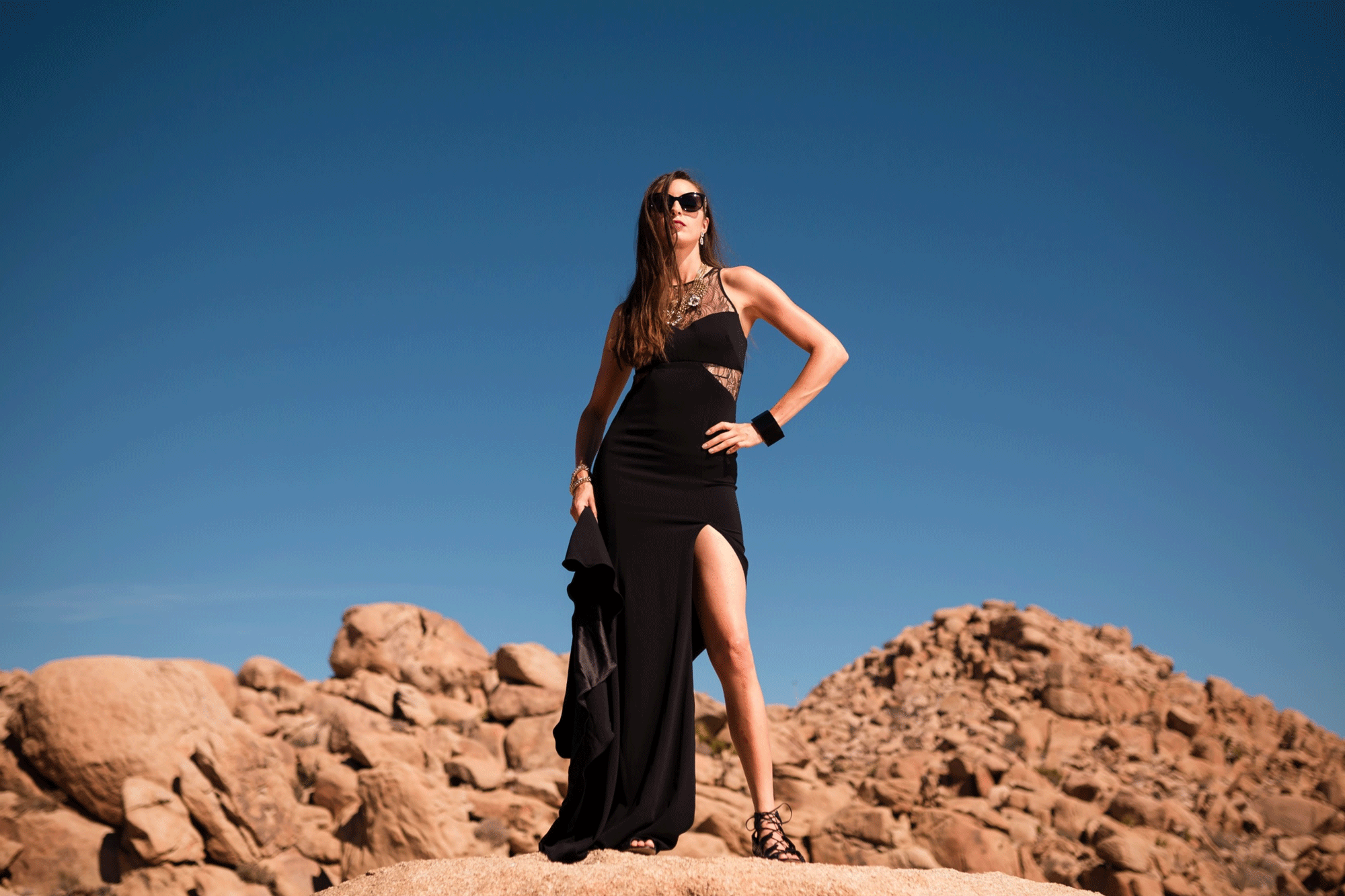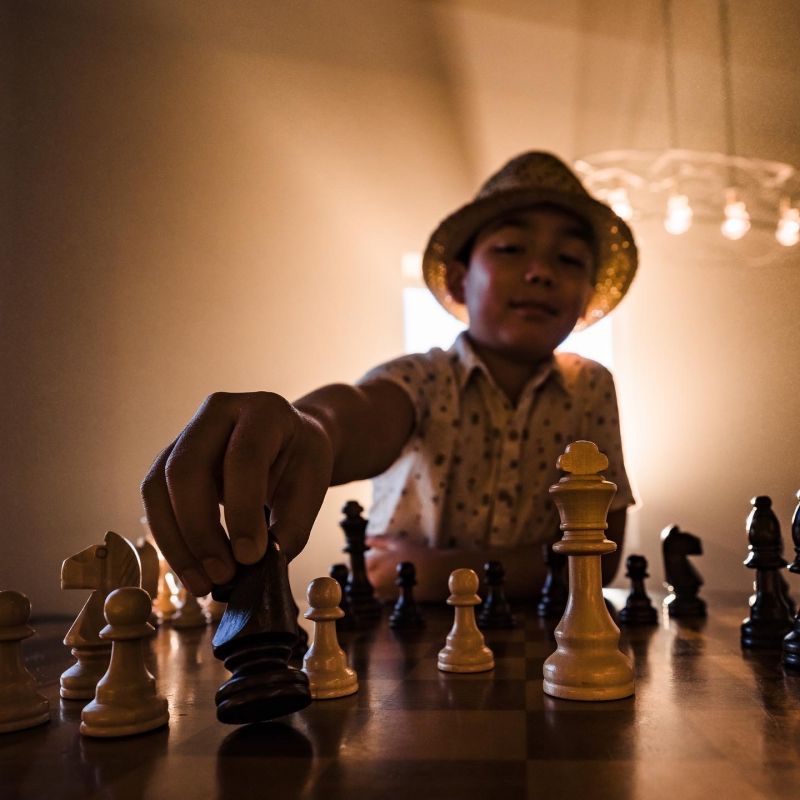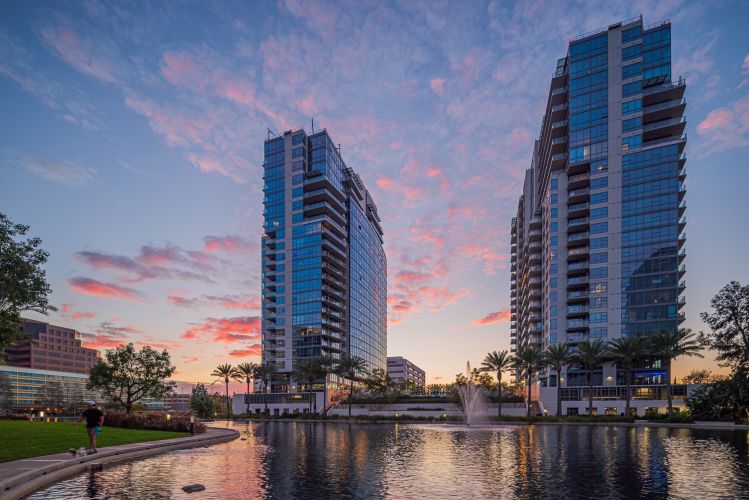
In photography, the angle of the camera can have a profound effect on the final image. It can alter the mood, perspective, and visual impact of a photograph. A skilled photographer knows how to utilize camera angles to create captivating and engaging images that tell a story or convey a particular emotion. In this guide, we will explore the importance of camera angles and provide a comprehensive overview of the various angles and techniques that photographers can use to create dynamic and visually stunning images. Whether you are a beginner or an experienced photographer looking to improve your skills, this guide will provide you with the knowledge and tools you need to master the art of perspective in photography.
Understanding Camera Angles and Perspective
Camera angles refer to the position of the camera in relation to the subject of the photo. The position of the camera can significantly impact the perspective and mood of the photo. Different genres of photography require different camera angles to achieve the desired effect. Let’s review how the camera angle impacts photos for different genres of photography.
Camera Angles in Portrait Photography
When taking a portrait, the angle of the camera can affect the perceived size and shape of the subject’s face and body. A common preferred camera angle is from slightly above eye level. This angle can help to elongate the neck and create a more flattering jawline. This helps prevent double chins and makes the eyes look larger and fully open. Shooting from a higher angle also places the face closest to the camera, making the body seem smaller relative to the face, which can be a desired look for some. However, shooting from too high of an angle can cause unflattering distortions in the subject’s face and look unnatural.
High Camera Angle Example

Direct or Lower Angle Example
Shooting from eye level or slightly below eye level can also be interesting and impactful.

How Camera Angles Affect Strength and Dominance
The other consideration to factor in your portraits is how the camera angle affects the mood, feel and story of the image. Shooting from a low angle, with the camera tilted upwards towards the subject, can create the impression of strength and dominance. This is because it can make the subject appear taller and more imposing. Conversely, shooting from a high angle, with the camera tilted downwards towards the subject, can make the subject appear smaller and more vulnerable. For more information, see our article on head angles.

Camera Angles in Photojournalism and Storytelling
A photographer’s choice of angle can affect the mood, tone, and overall message in photojournalism and storytelling. For example, a low angle shot of a protest march can convey a sense of power and strength, while a high angle shot can emphasize the size of the crowd.


In photojournalism, the angle can also help to tell the story by highlighting important details or conveying a sense of urgency or emotion. The right angle can also help to add depth and interest to the composition, drawing the viewer’s eye and creating a sense of narrative.

Camera Angles in Kids Photography
When photographing children, the action and storytelling can take priority over capturing flattering, posed portraits. Of course, there’s a time and place for both, but with fun, lifestyle kids photography, consider getting in close at a low angle to capture more dynamic, action, in-the-moment photos. Here is an example:

How Camera Angles Affect architectural photography
Camera angles are an essential element of architectural and real estate photography, as they can significantly impact how a building or structure is perceived. Shooting from a low angle can make the building appear larger and more imposing, emphasizing its height and grandeur.

Conversely, shooting from a high angle can provide a broader view of the structure, showing its context within its surroundings, and emphasizing its shape and form. The angle of the camera can also help to create symmetry and balance in the composition, drawing the viewer’s eye and highlighting key features of the building.
The use of perspective correction techniques such as tilt-shift lenses can help to correct any distortions caused by converging lines, resulting in a more accurate representation of the building’s geometry. Overall, the angle of the camera is a critical aspect of architectural photography, as it can greatly influence the way a building or structure is perceived and represented in a photograph.
How Camera Angles Affect Landscape Photography
In landscape photography, shooting from a low angle can emphasize the foreground and create a sense of depth and dimensionality, while shooting from a higher angle can provide a broader view of the landscape and emphasize the overall scale and majesty of the scene.


Technical Considerations for Camera Angles
Technical considerations such as focal length and lens choice can significantly impact camera angles and perspective. Using a wide-angle lens can enhance the sense of depth and add visual interest to a photo, while using a telephoto lens can compress the scene and isolate the subject from the background. Adjusting aperture and shutter speed can also help photographers achieve specific camera angles.
How to Experiment with Camera Angles
Experimenting with different camera angles is essential for mastering the art of perspective. By exploring and experimenting with different angles and techniques, photographers can create truly unique and impactful compositions. After you’ve taken a photo, consider taking the same photo from a lower angle and then another photo from a higher angle. You then have multiple options to choose from, and you’ll often be surprised at how the initial idea was improved with small shift in the camera angles.




Get Connected!